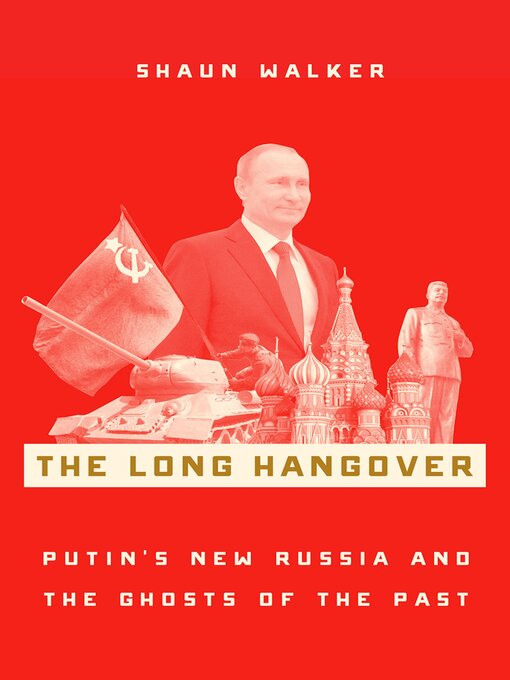- New eBook additions
- Nonfiction
- Biography
- Libros en español
- Available now
- New kids additions
- New teen additions
- Out of This World: Sci-Fi Reads
- What's Cooking?
- A Thousand Words
- See all ebooks collections
- Listen Up! Audiobooks for all tastes
- Laughing Matters
- Available now
- Mystery on Audio
- Romance
- New audiobook additions
- See all audiobooks collections



